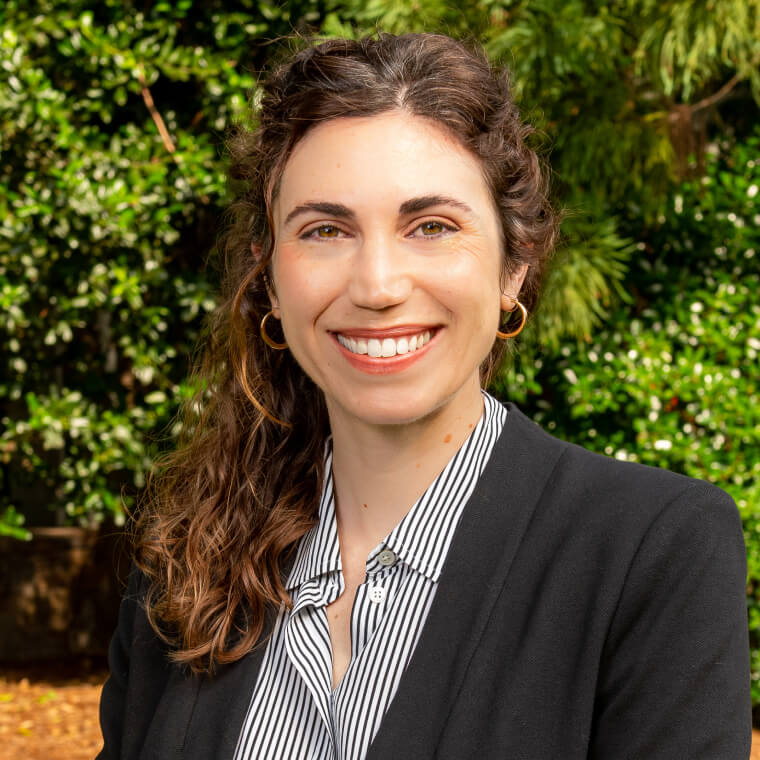I believe every company should have an annual physical—similar to how you visit the doctor for a yearly exam, you should check on your organization's health. My go-to analogy for describing organizational development is comparing it to how doctors approach a diagnosis. The approach to organizational health and physical health is quite similar: both involve adopting a systematic and data-driven approach to assess, diagnose, and address organizational challenges and opportunities.
Here at CTE, our general approach with clients is to ACT: Assess, Challenge, and Transform. This is a distilled version of how we think about tackling the challenges our clients face in their companies.
When we work with clients facing one or, often, multiple challenges in their company, we take a methodical (or clinical) approach.
Here are some steps to consider when applying a medical diagnostics approach to organizational development:
- Ask Questions to Know Where to Start
- Finding the core presenting problem (or 'symptoms') helps us know where to begin.
- We like the classic: Who, What, Where, When, Why, How?
- Gather Data & History:
- Based on the most critical need, we collect relevant data about the organization and its talent practices.
- We use various data collection methods such as surveys, interviews, observations, and document analysis to gain a comprehensive understanding of our client's current state.
- Analyze the Data:
- Conduct a thorough analysis of the collected data to identify patterns, trends, and areas of concern or opportunity within the organization.
- Use statistical techniques, qualitative analysis, and data visualization to derive meaningful insights from the data.
- "Diagnose" the Issues:
- Based on our analysis, we identify the root causes of the challenges or inefficiencies observed in the organization.
- As an outside partner, we are able to identify patterns or gaps that our clients may not be able to see.
- Develop an Intervention Plan:
- Based on the "diagnosis," we develop a comprehensive intervention plan that addresses the challenges and supports the desired outcomes. This might include process improvements, behavior-changing trainings, leadership development, etc.
- We set clear goals and objectives for the intervention, ensuring they are specific, measurable, achievable, relevant, and time-bound (SMART).
- Implement and Monitor:
- We implement the intervention plan, and depending on the length of our engagement, we monitor and track the progress of the interventions and their impact on the organization, or we guide the client to track their own progress.
- Much like in a health scenario, we let them know what potential roadblocks they should look out for. "If you see X, come back and see us."
- Adjust and Adapt:
- Just as medical diagnostics may require adjustments based on new information or changing circumstances, organizational development efforts should be flexible and adaptable. We regularly check in with our clients to solicit feedback and make adjustments to the intervention plan as needed.
These steps allow our clients to rely on us as the "doctors" or experts—to help them see the issues they simply cannot. We can ensure a systematic and evidence-based approach to understanding and addressing organizational challenges by applying a medical diagnostics approach to organizational development. This approach helps us create balanced and insightful solutions for our clients, which ultimately helps and supports individual employees at these companies. At the end of the day, people are the beating heart of any organization.



